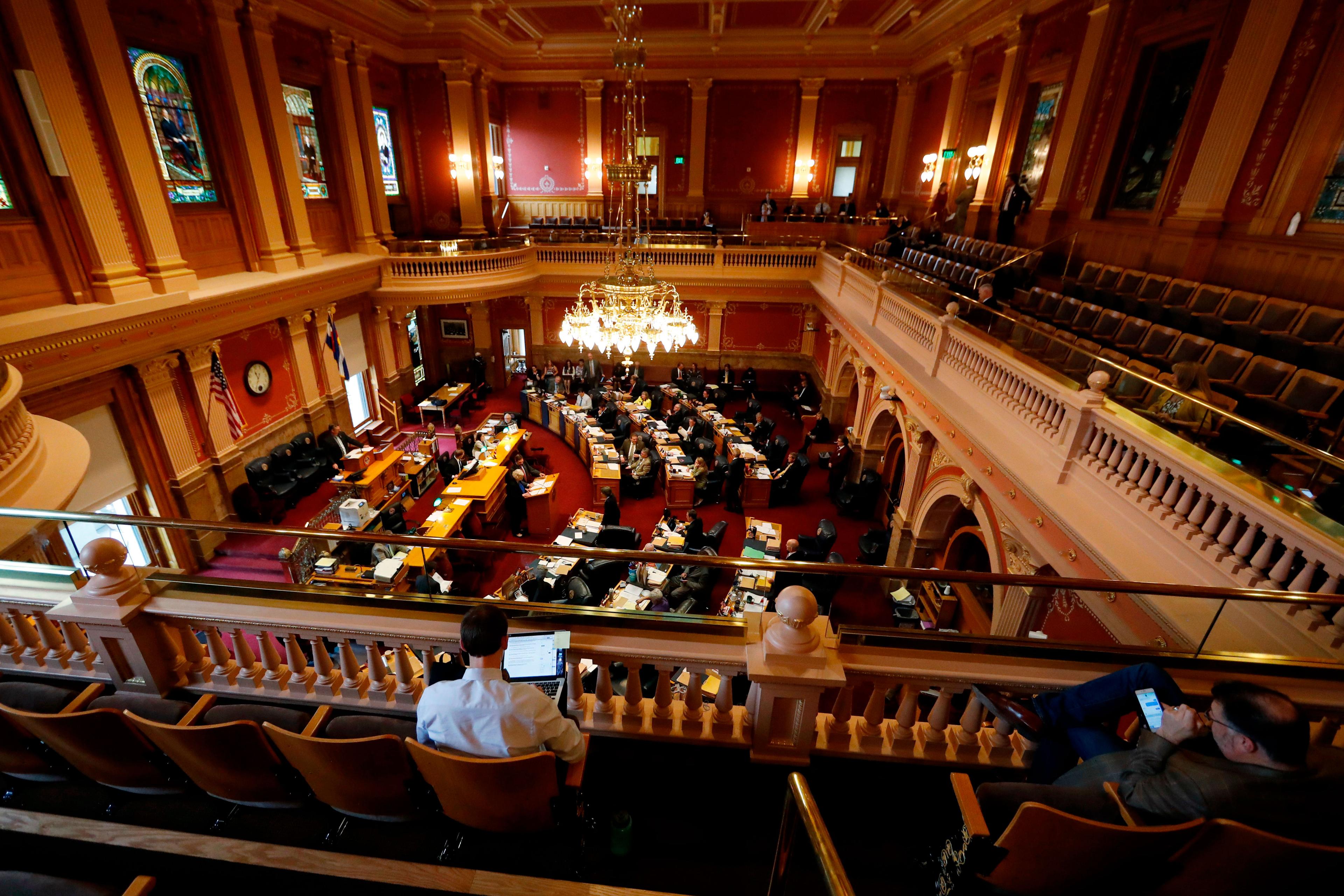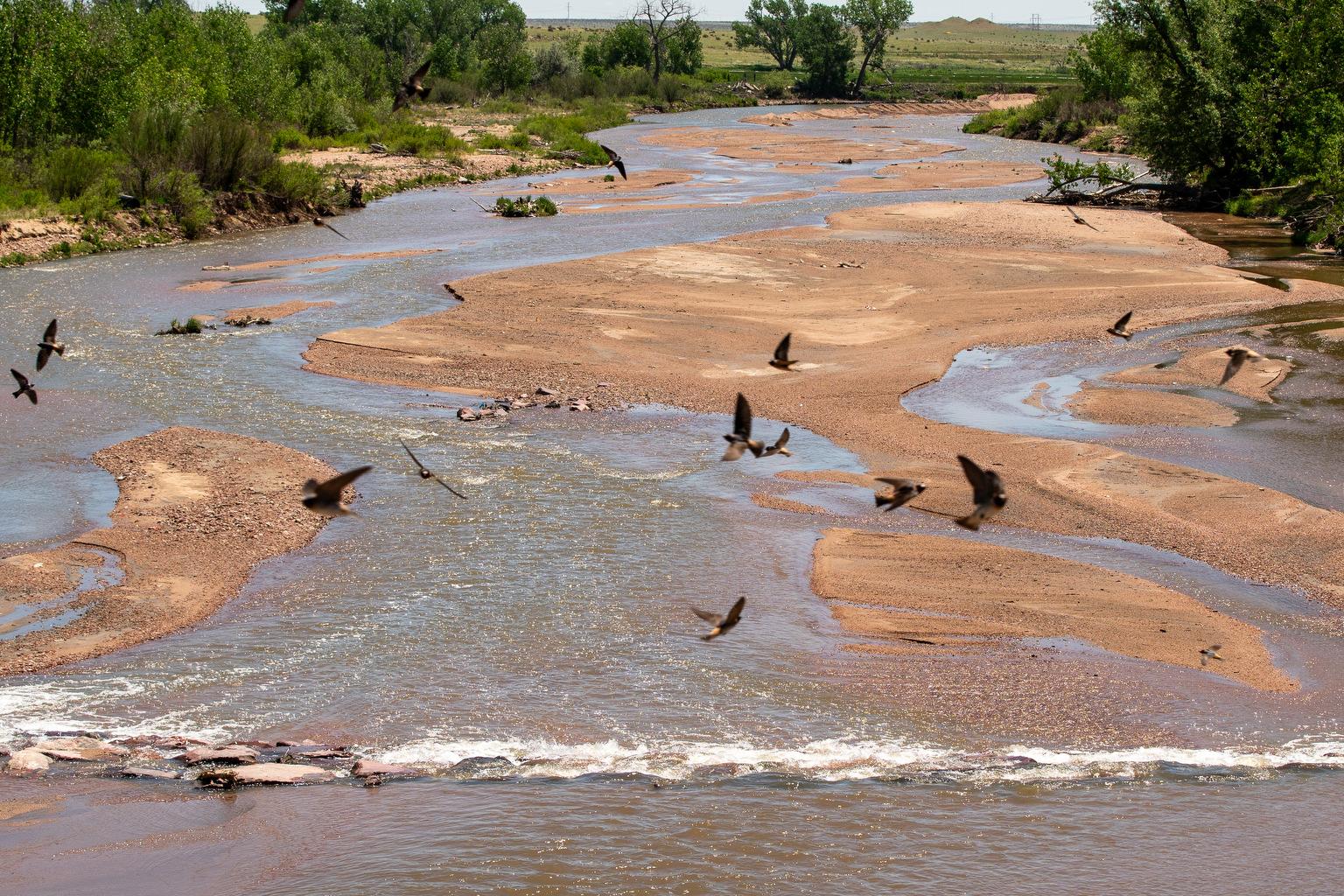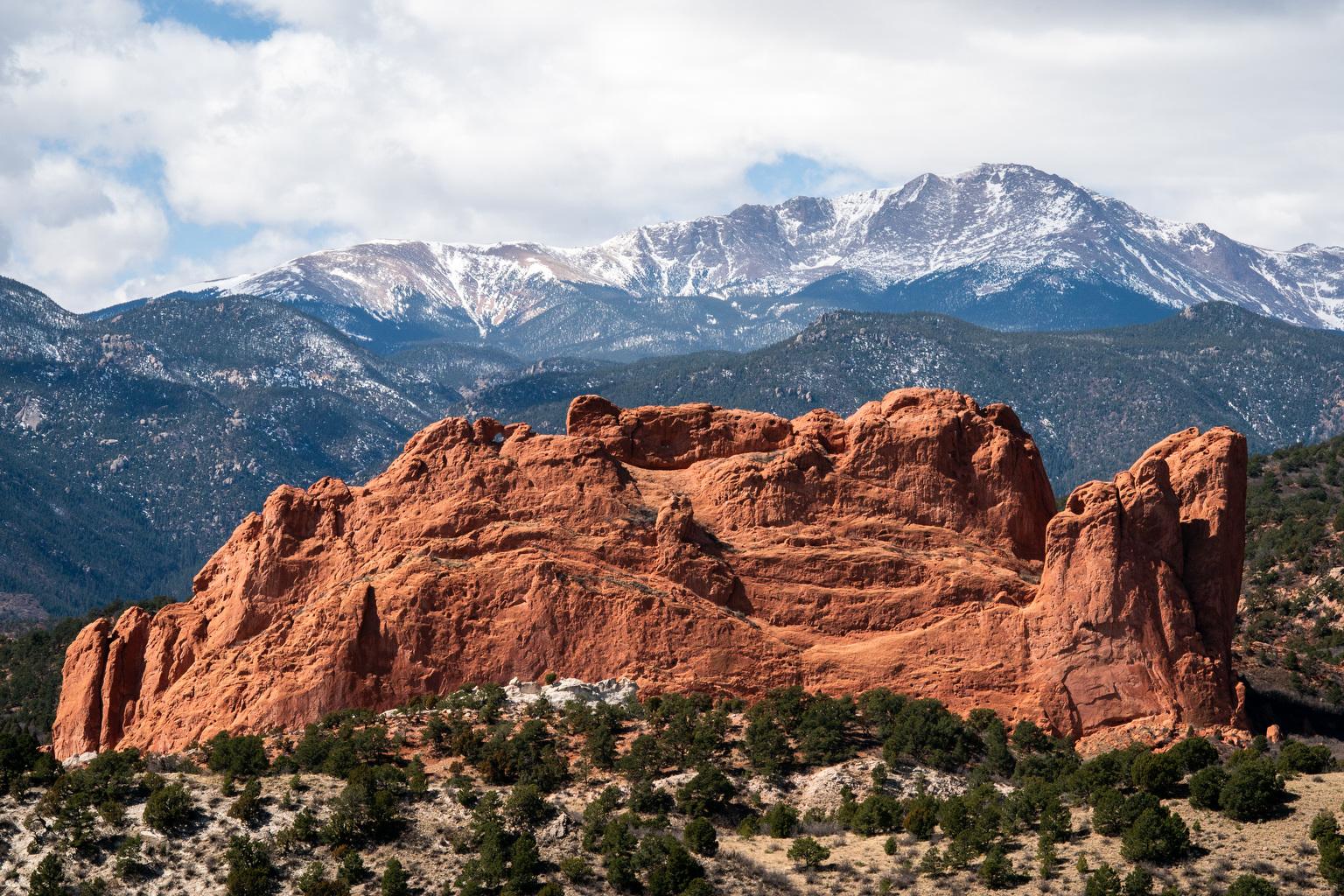

Thanks to a boost from a recent tobacco industry settlement, Colorado plans to sock away an extra $90 million next year in the state’s reserves. But by one credit rating agency’s analysis, it’s still woefully unprepared for the next economic downturn.
In the waning days of the 2018 legislative session, lawmakers voted to increase the state’s reserves to 7.25 percent of general fund spending, or an estimated $730 million for the fiscal year that starts July 1.
That’s up from 6.5 percent this fiscal year, and more than triple the 2 percent reserve the state had on hand at the depths of the Great Recession. And yet it still might not be nearly enough to avoid deep cuts to public services the next time the economy tanks.
A 2017 study from credit rating agency Moody’s Analytics found that because of unique economic factors, such as its reliance on income taxes and the oil and gas industry, and what it spends on Medicaid, recessions hit Colorado significantly harder than most states. And it should be saving more, accordingly.
Moody’s found Colorado needs to save 15 percent of what it spends to withstand even a moderate recession, and a whopping 26 percent to prepare for a severe downturn on par with the Great Recession. That’s the fourth largest projected fiscal shock of any state in the country.
Reserve funds vary significantly across the country, and there isn’t a widely accepted standard for how much a state should save. But if the Moody’s guidance becomes the prevailing financial wisdom, it could affect Colorado’s credit worthiness and send the state’s borrowing costs higher.
Despite the calls for fiscal austerity from Moody’s and Democratic Gov. John Hickenlooper, Colorado lawmakers are split over whether the state should be saving more than it already does.
The Republican-led state Senate voted unanimously to boost the state savings requirement, but several Republicans and Democrats in the House of Representatives opposed the bill, arguing the money could be better used to address the state’s current needs. Colorado faces $9 billion in transportation needs over the next decade, and owes K-12 schools an extra $672 million annually beyond what it currently spends. That’s despite a booming economy that for years has ranked among the country’s best.
If it hadn’t been for a surprise $107 million tobacco settlement announced in April, Colorado lawmakers likely would not have increased the state’s reserves at all. When the state’s $28.9 billion budget plan initially passed both chambers earlier this year, it called for the reserves to remain at 6.5 percent.
The average state has 8 percent in its reserves, according to the Moody’s report.








